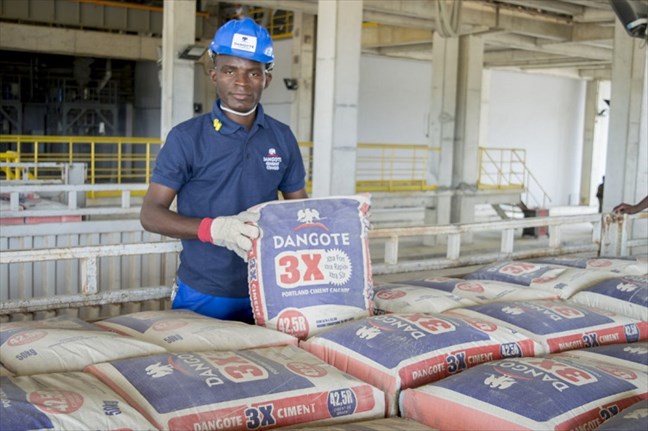Wheat and ethanol topped Nigeria’s list of agricultural imports from the United States of America in 2021.
This is based on statistics from the United States Department of Agriculture.
According to the statistics, wheat, together with ethanol and food processing, ranked first with a total value of $626.59 million.
Wine and allied goods, fish and shellfish, intermediate products, essential oils, dairy products, tobacco, and distilled spirits were included on the list.
According to the research, the value of agricultural goods shipped by the United States to Nigeria increased by 45% between 2020 and 2021.
Nigeria spent $487 million on agricultural products from the United States in 2020, down from $653.27 million in 2019.
In 2021, the figure will have risen to $710.25 million.
According to the report, wheat alone consumed $503.63 million, indicating the amount paid to import 1.6 million metric tonnes of the commodity.
Tobacco and distilled spirits were the least expensive items on the list, costing Nigeria $3.82 million and $3.72 million, respectively.
Despite its extensive acreage, Nigeria relies significantly on imported food supplies to feed its big population, since the country’s agricultural industry has failed for decades, resulting in massive gaps in staples such as rice and maize.
According to the Nigeria Bureau of Statistics, Nigeria spent N1.97 trillion on food and agricultural imports in 2021, accounting for 9.44 percent of total imports.

With extensive fields swamped by current floods in majority of Nigeria’s 36 states, the bill is projected to climb in the coming months.
According to Kabir Ibrahim, president of the All Farmers Association of Nigeria, Nigeria would import 13,000 metric tons of wheat seeds in 2021 to enhance domestic output.
“We have always imported wheat because we have a deficit, and what we produce locally is insufficient to fulfill our need.”
We purchased 13,000 metric tons of wheat seed from Mexico in 2021 to satisfy our demands locally, but I expect this year, with the exception of global climatic conditions, we will be able to upscale local wheat output,” Mr. Ibrahim told pressmen.
Mr. Ibrahim stated that low agricultural output in Nigeria is influenced by a variety of variables, including inflation and the recent flood that swept over the country.
“Insecurity and now floods are affecting our internal production.”
Other concerns include a lack of automation and a limited range of seeds.
Furthermore, we are not as inventive in agriculture as we should be, and our policies are not well executed.
Other Related News
2022 Worst Performing Currency, Ghanaian Cedi Tops the List
Naira Crashes to 710 Per Dollar in The Black Market
Senate Summons CBN Governor Over Naira Devaluation
Wheat, ethanol, and other commodities are all influenced by inflation, and inflation is worldwide.
We can only avoid some of the effects of inflation if we generate them internally.
We don’t have a competitive edge in such areas; we have to obtain them outside, but we will overcome them over time,” Mr. Ibrahim continued.













